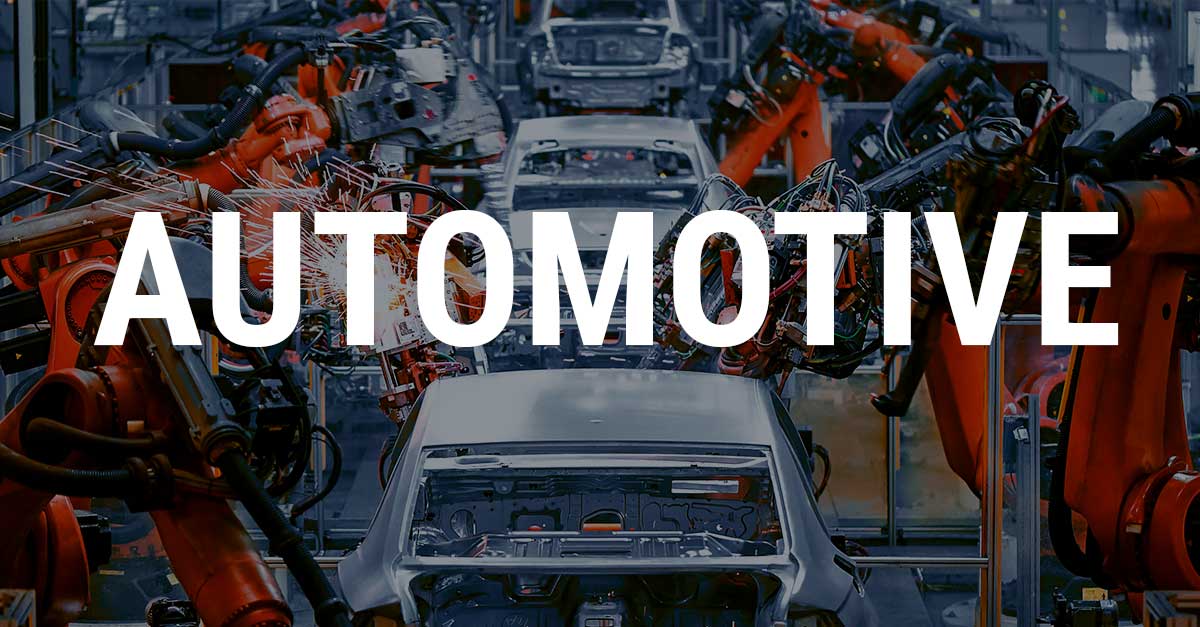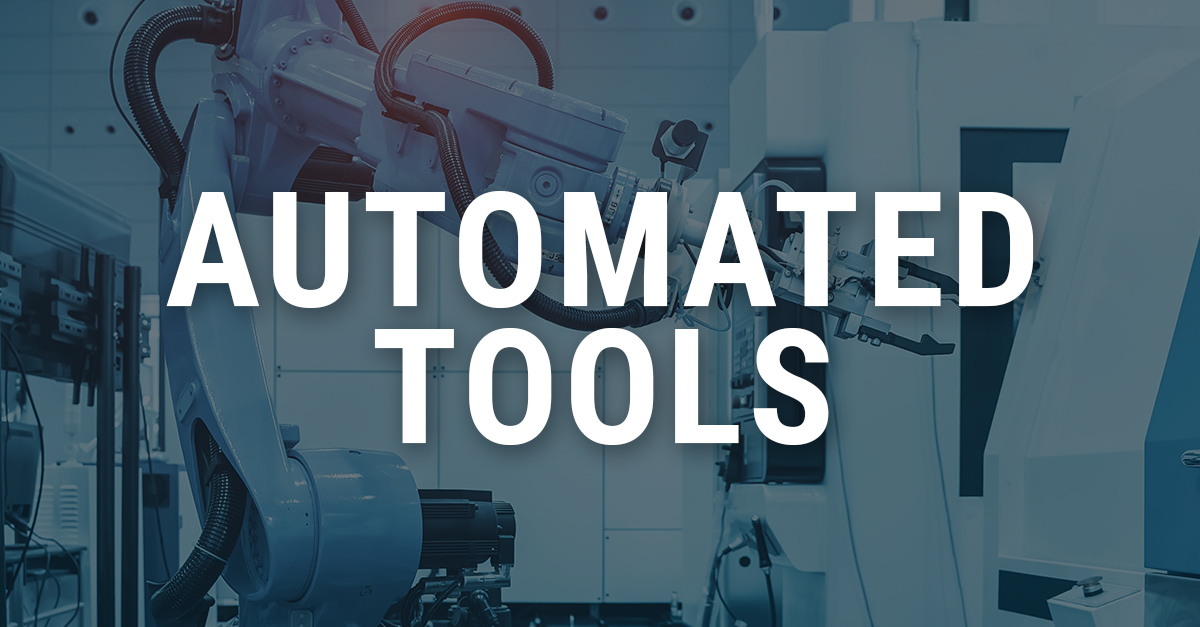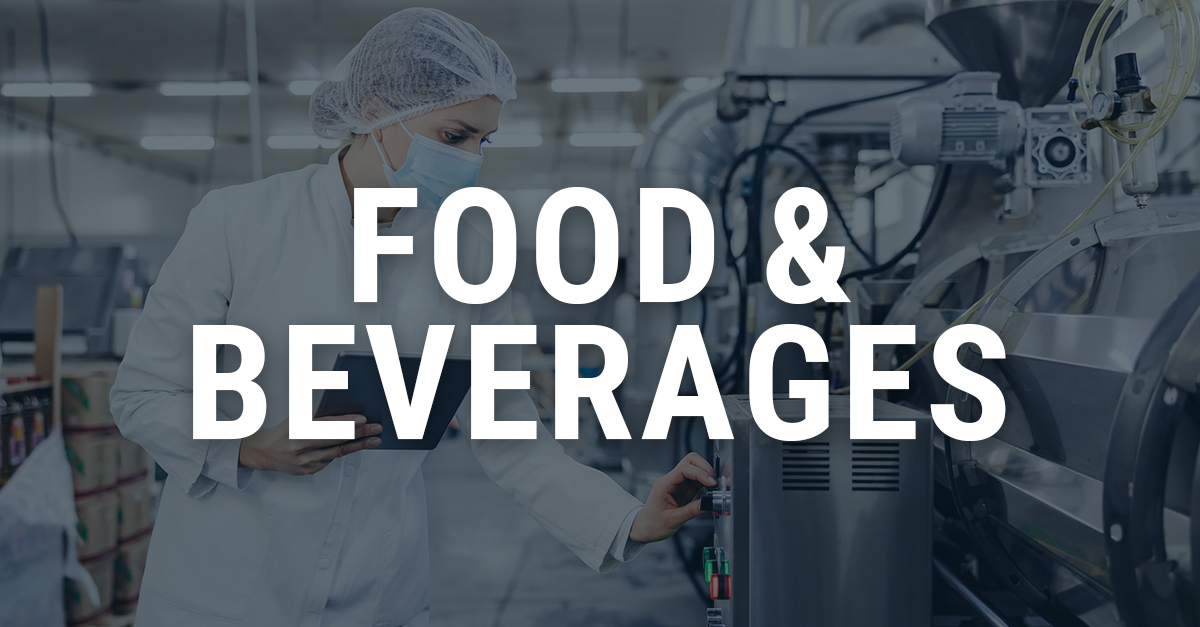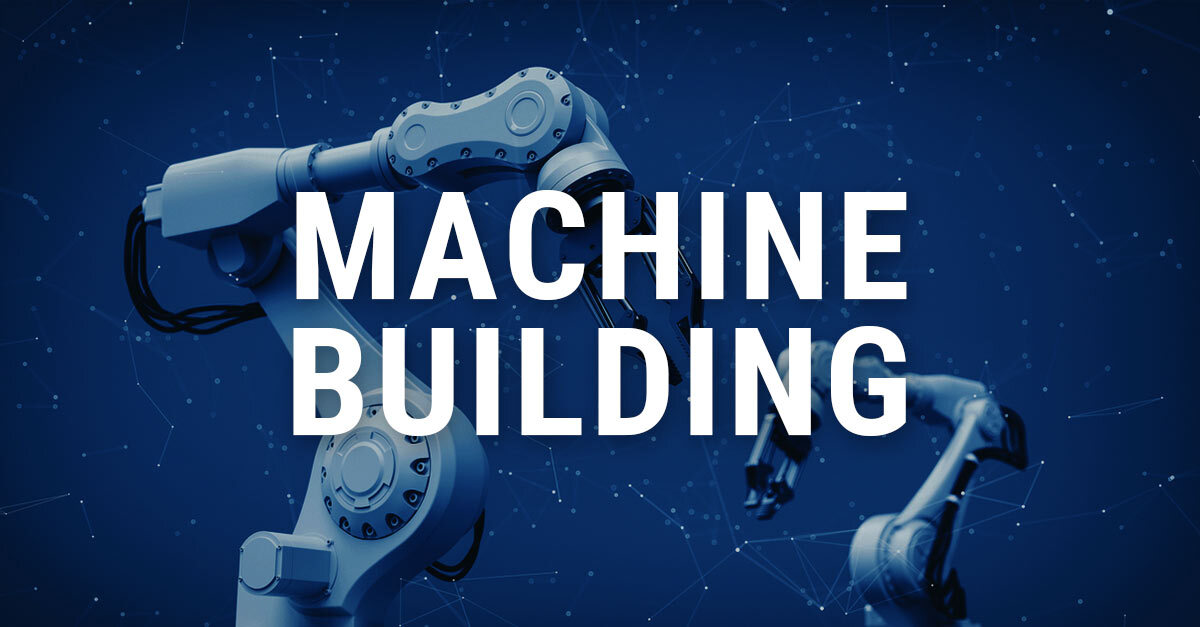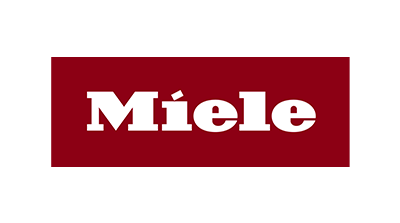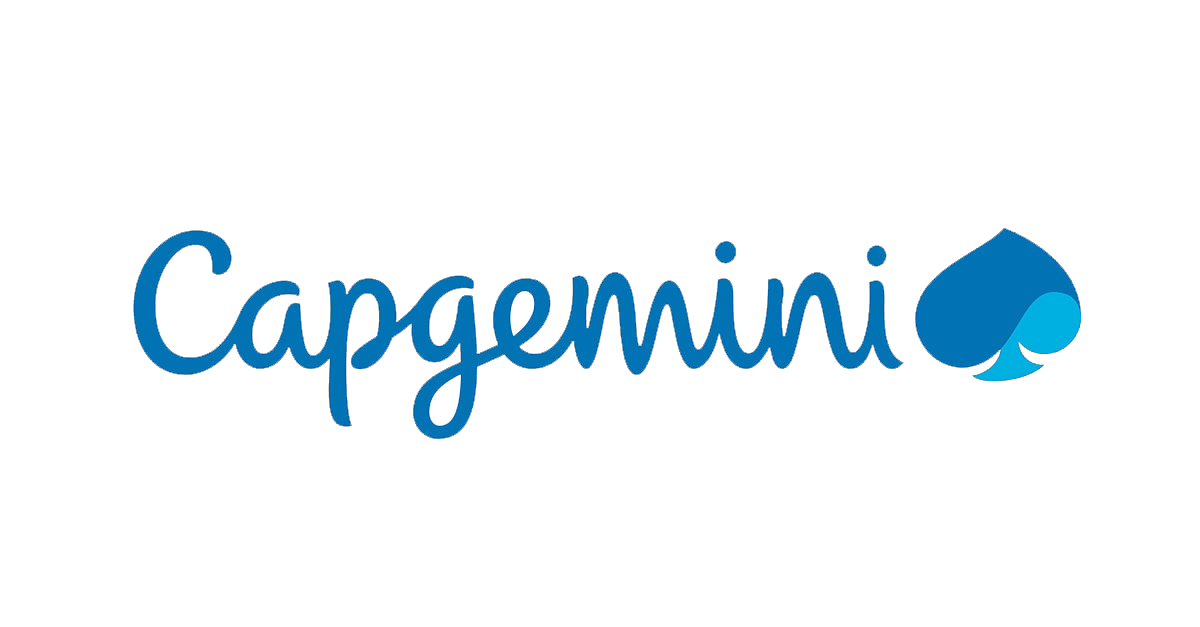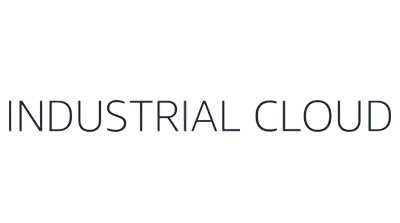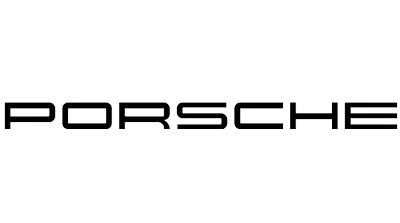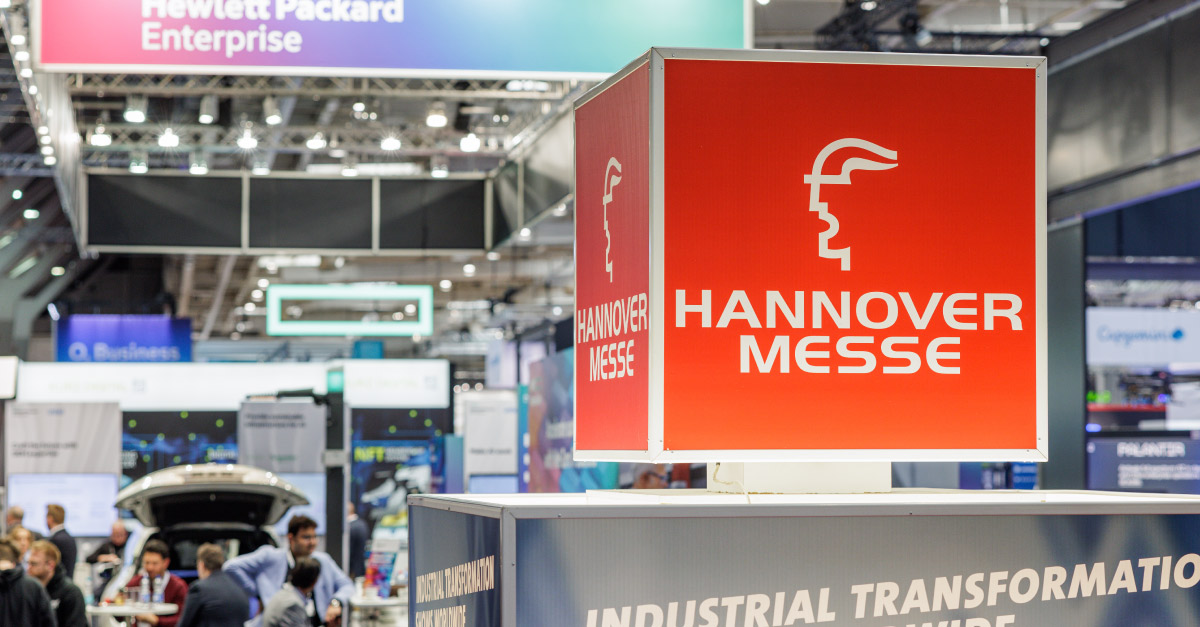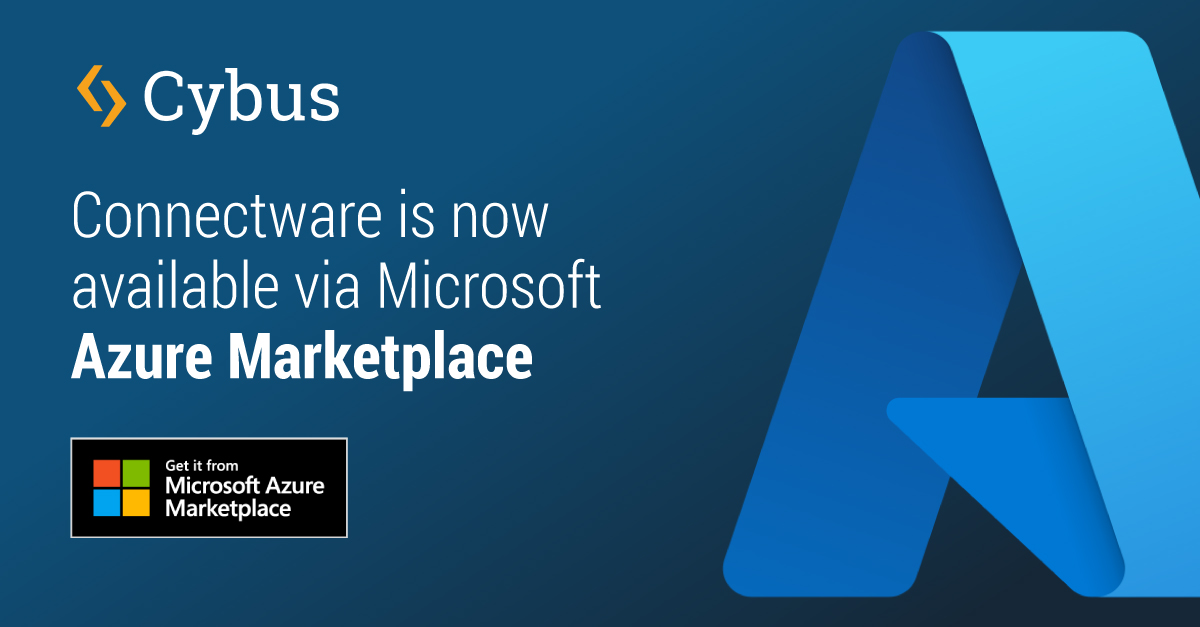News | 05.01.2024
How five of our customers solved their digitalization challenges
For their industrial digitalization, companies seek solutions that meet their immediate needs and provide a scalable and secure foundation for future growth. Many approaches exist, from self-built to purchased use case-specific solutions. But what is it exactly that makes companies ultimately decide on Cybus Connectware as their Factory Data Hub?
Let’s explore the factors that led our customers to choose Cybus Connectware. Each case study highlights unique facets of Connectware’s capabilities and benefits.
#1 Event-driven architecture
Agricultural machinery manufacturer
A renowned European agricultural machinery and commercial vehicle manufacturer was looking for a Smart Factory partner. Their goal was to develop a new greenfield Smart Factory from scratch with an event-driven architecture. For this, they required a sophisticated Factory Data Hub, capable of protocol translation and event data handling. For the manufacturer, ensuring seamless data flow between IT and OT was essential.
Cybus Connectware’s ability to translate various protocols and manage event data on an MQTT broker was crucial. This capability demonstrates Cybus’ proficiency in integrating diverse factory systems and streamlining data communication. Such proficiency is essential for modern manufacturing environments and future digitalization challenges.
#2 Industrial DevOps and CI/CD
Automotive manufacturer
A German automotive manufacturer was looking for a solution to quickly roll out improvements and innovations in its production configuration. They decided to adopt the Industrial DevOps principles of continuous integration and continuous delivery (CI/CD). The company implemented a technical-neutral data infrastructure in order to connect all manufacturing assets, from machines to IT systems: Cybus Connectware.
Due to the modular design of Connectware, the automotive manufacturer can roll out incremental adjustments to its production configuration. This allows them to optimize each module individually without affecting the entire production system. Now, configuration changes are deployed without halting production. Cybus’s reputation for providing a secure and scalable gateway between operational technology (OT) and information technology (IT) for CI/CD was a key factor for the customer.
#3 Professional support
Machinery and tool manufacturer
A leading company in clamping and automation technology digitized its manufacturing processes with Connectware. In this process, they are supported by the Cybus Customer Success team. In collaboration with the customer, our Customer Success team enables companies to achieve their desired outcomes through Connectware fast and independently, fostering long-term customer satisfaction and loyalty.
Also, Cybus’ agile approach and scalable product resonated with the company’s need for starting with minimal effort while being able to grow and adapt over time. This adaptability is crucial for companies looking to expand their digital infrastructure incrementally and solve future digitalization challenges rapidly.
#4 Uniform standard for machine communication
Food & Beverages manufacturer
A global Food & Beverages company had a challenge: Exchanging technical process data between the factory and multiple IT systems. For this, they were looking for a reliable, independent and controllable data infrastructure.
They chose Cybus Connectware to establish a uniform standard for machine communication. Connectware is specifically designed to enable standardized retrieval of technical process data. With Connectware, access to industrial data is seamless and efficient, while machine operability is never compromised.
A significant advantage of using Cybus Connectware is its robust design. This minimizes potential points of failure in the data collection process, such as network and Internet issues. Its comprehensive approach makes Cybus Connectware the ideal solution for reliable machine communication integration in manufacturing environments.
#5 Robustness and flexibility
Metal processing manufacturer
The choice of Cybus Connectware by a leading wire and rod manufacturing firm was motivated by the necessity for a strong data infrastructure capable of flexibly managing industrial data. Cybus Connectware enables the processing of various data types from diverse shop floor environments, a typical scenario in complex industrial manufacturing setups. Its ability to integrate smoothly with current systems reduces interruptions, consequently facilitating an easier shift to sophisticated digital solutions.
What are your digitalization challenges?
Tell us about your digitization project and discover the best solution for you.
Different use cases, same powerful software
How our customers realize their industrial IoT initiatives
Leading manufacturers rely on Cybus
Whether metal processing, automotive or toolmaking – leading manufacturers rely on the Factory Data Hub
